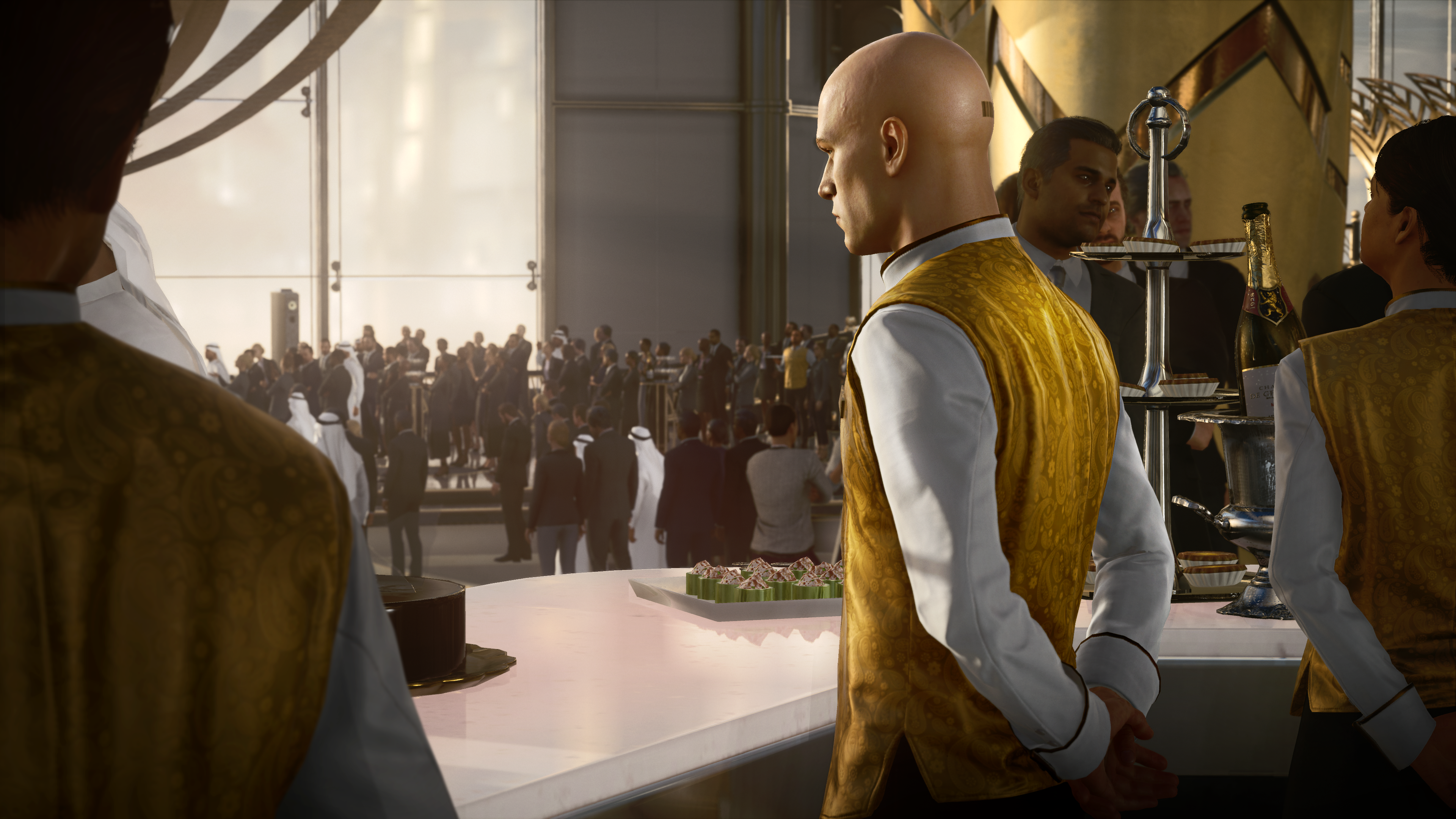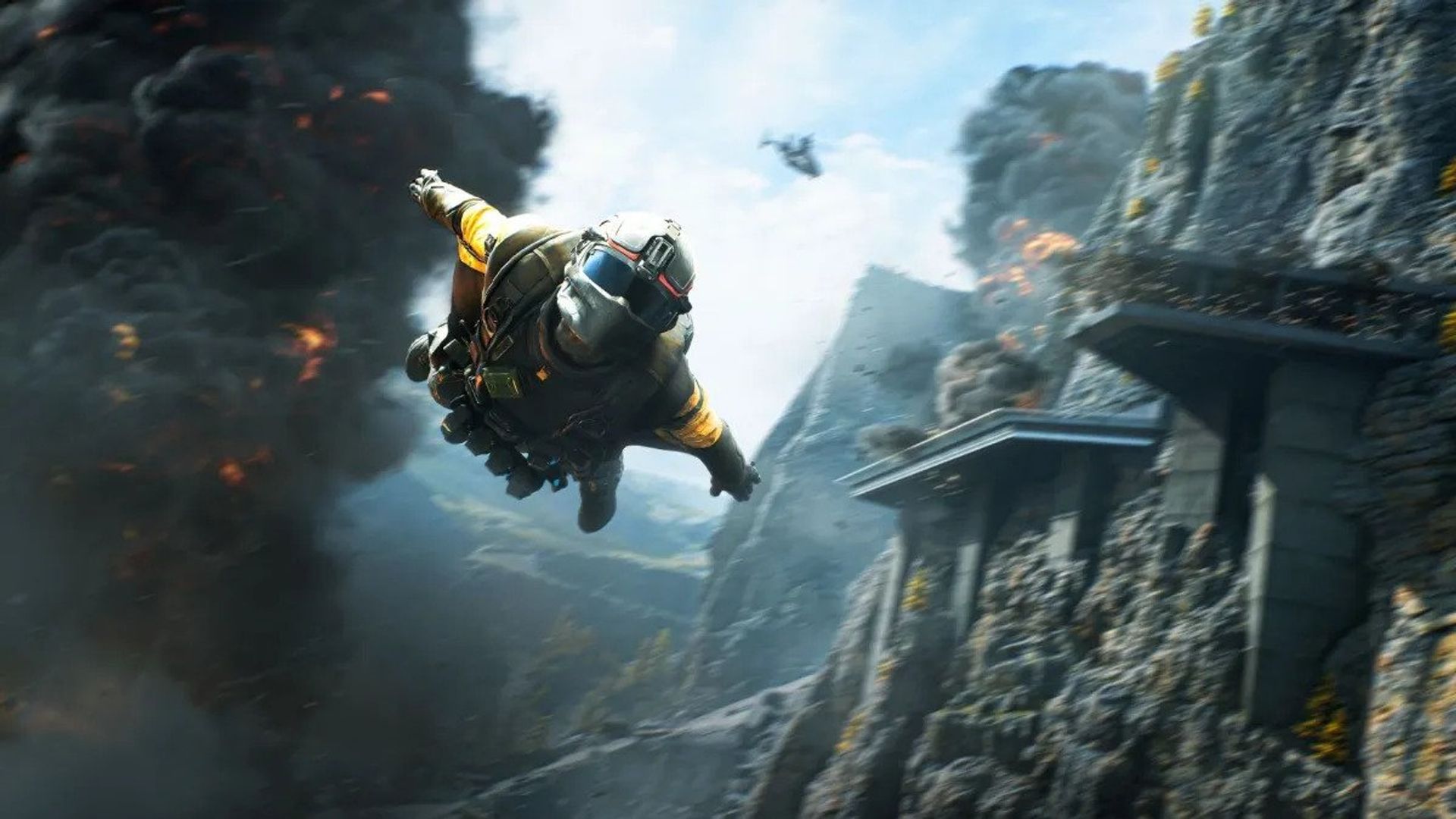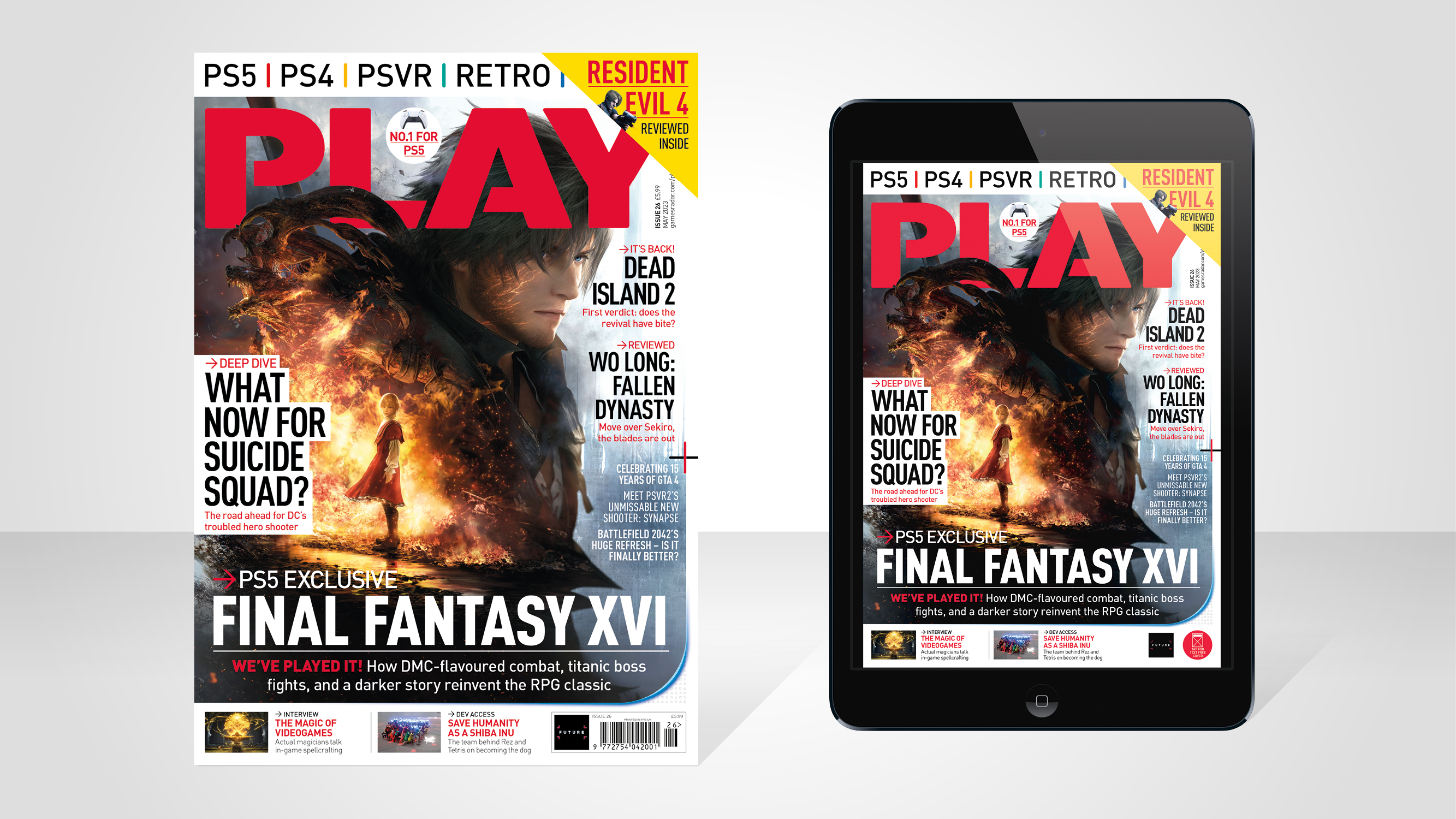
Of all the entertainment industries, video games is the only sector that shows little respect for its past. Dickens' books aren't discontinued just because newer authors are published, and Shakespeare's plays aren't abandoned owing to the language being outdated (although his comedies aren't funny at all). Yet games disappear from sale all the time.
Often, games slip out of the market due to no fault of the people who made them. Consoles go out of production, licenses expire without being renewed, companies that own the rights go bust or are bought out, and then – whoomf – the game disappears in a puff of capitalism. Nonetheless, it's a disheartening fact that very few publishers make any sort of effort to keep anything but the most profitable entries in their catalogs available. Name any game that was released just 20 years ago, and there's a chance that there are only two ways to play it today: either dust off an old gaming machine and pray it works, or dip your gaming toes into the murky world of unofficial emulation.
But with so many companies reluctant to spend time and money keeping old games available, there is another option to consider. One that we're already seeing a few publishers take. An extreme, incredibly generous example is Hitman 3. Now renamed Hitman World Of Assassination, it includes the entirety of the previous two games for free. By enveloping the previous entries in this way, IO Interactive is making a statement: it doesn't want the work it put in to disappear, and it is committed to bringing those games along wherever Agent 47's journey takes him next.
It's on the game


This feature first appeared in PLAY magazine - Subscribe here to save on the cover price, get exclusive covers, and have it delivered to your door or device every month.
Sometimes, a game is discontinued or its servers switched off simply because players lose (or never showed) interest. On a related note, we've already seen multiplayer modes recycle maps and weapons for years. Call Of Duty, for example, regularly reintroduces the Shipment and Nuketown maps in one form or another. This idea has reached its ultimate form in Battlefield 2042. Its customisable Portal element lets developers and the community alike use a large number of maps, classes, weapons, and gadgets from Battlefield 3, 1942, and Bad Company 2.
The examples above retain elements of older games to varying degrees, but they all have one thing in common: rather than being directly lifted from the originals, everything scooped from the past has been updated in some way. Older Hitman levels have been tweaked to incorporate the latest gadgets and systems; reused COD maps look shinier, and sometimes have small changes to improve the flow of play; and everything taken from classic Battlefield, in addition to the aesthetic glow-up, has been shuffled around slightly to allow for the use of 2042's new abilities and mechanics.
Is it a perfect solution, and one that can be used for every game? Of course not. But it keeps experiences alive in a recognisable form, making players happy and providing them with another reason to give games (and the companies who make them) their time and money. The omnibus approach is popular with books, films, and TV. Why can't it become the norm for games?
Here's why it matters Sony is getting more serious about game preservation
Sign up to the GamesRadar+ Newsletter
Weekly digests, tales from the communities you love, and more
Luke contributed regularly to PLAY Magazine as well as PC Gamer, SFX, The Guardian, and Eurogamer. His crowning achievement? Writing many, many words for the last 18 issues of GamesMaster, something he’ll eagerly tell anybody who’ll listen (and anybody who won’t). While happy to try his hand at anything, he’s particularly fond of FPS games, strong narratives, and anything with a good sense of humour. He is also in a competition with his eldest child to see who can be the most enthusiastic fan of the Life is Strange series.



